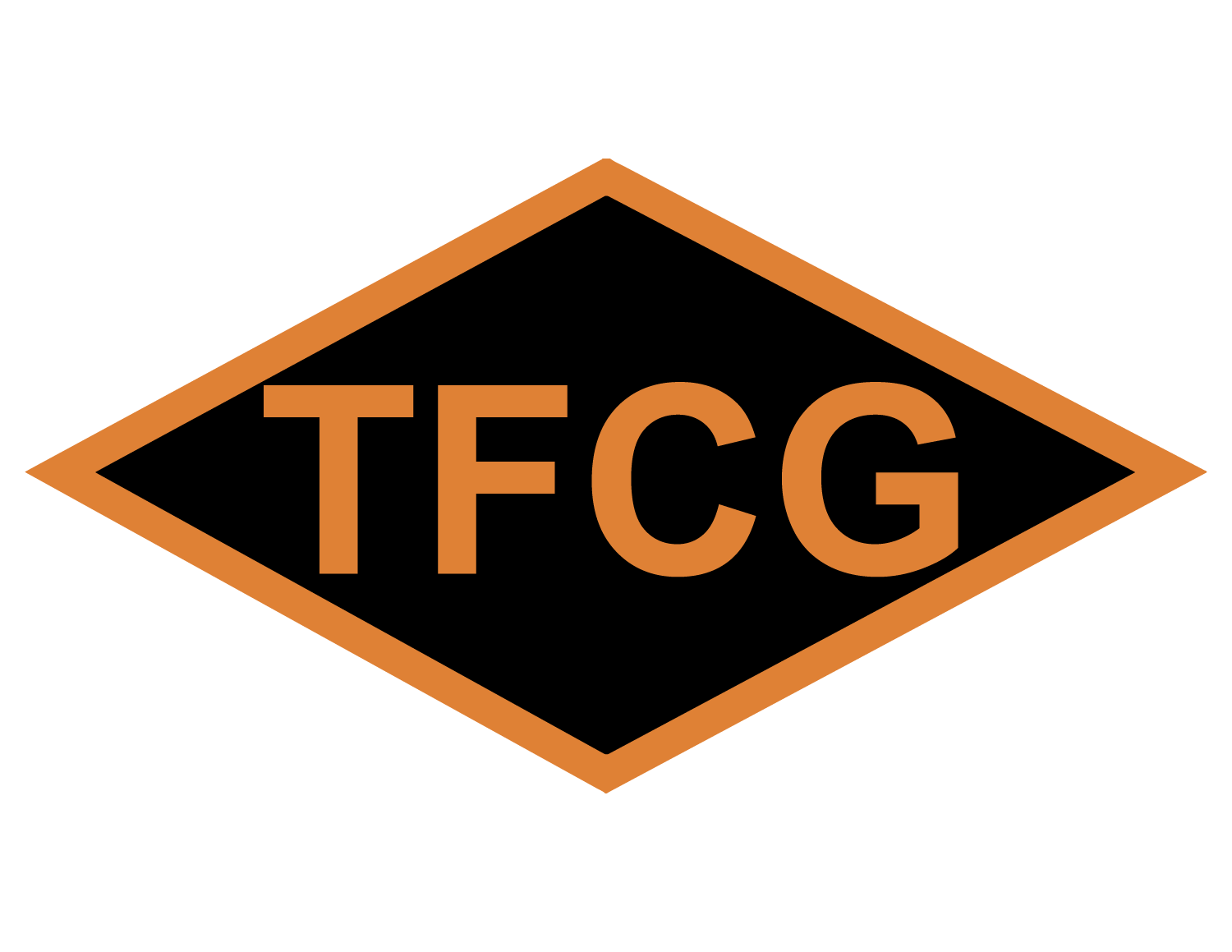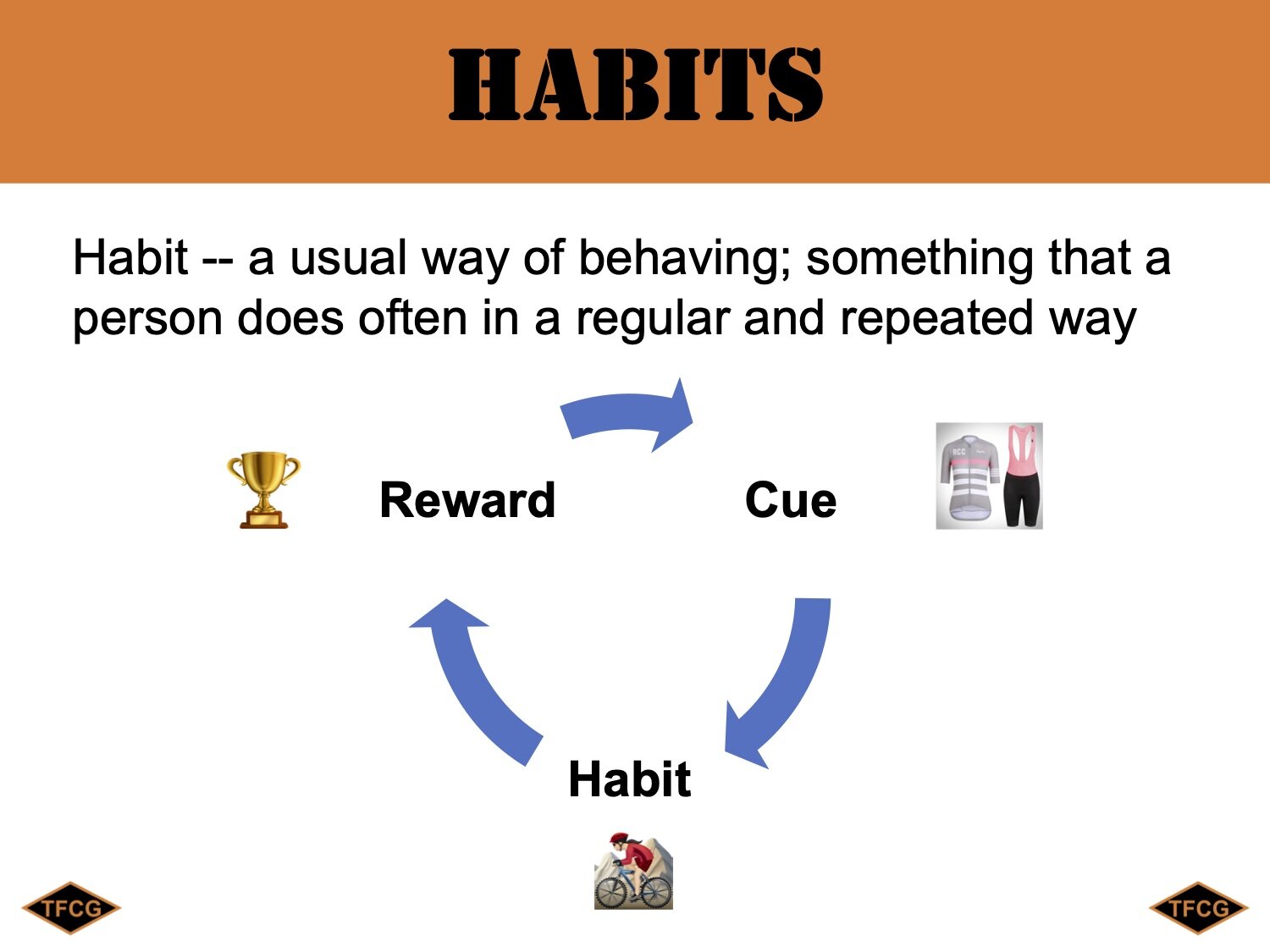Make Your Bed (#71)
In 2014 Admiral William McRaven, a US Navy SEAL and the flag officer in charge of the United States Special Operations Command, gave the commencement address to the University of Texas. In that speech, he told the 8,000 graduates and their families how the instructors in SEAL training would inspect his bed every morning. As he said:
“It was a simple task, mundane at best… If you make your bed every morning, you will have accomplished the first task of the day. It will give you a small sense of pride and it will encourage you to do another task and another and another. By the end of the day, that one task completed will have turned into many tasks completed. Making your bed will also reinforce the fact that the little things in life matter.”
The speech went viral on YouTube. Later, McRaven turned it into a New York Times Best Seller. Inc. Magazine declared it the best graduation speech of 2014. After retiring from the Navy, McRaven served as the chancellor of the University of Texas System from 2014 to 2018.
At the United States Military Academy at West Point we had to make our beds every day as well. That ritual, just like with Admiral McRaven, was ingrained in me. In fact, I made my bed this morning right after I got up. At its core, his speech is about establishing and maintaining a positive habit to get your day going right. If McRaven had ended up as a dentist, rather than a SEAL, the speech might have been “Brush Your Teeth.”
Habits are extremely powerful tools for leaders. A habit is a usual way of behaving; something that a person does often in a regular and repeated way. Most of the research on habits concludes that it takes 21 days to establish or get rid of a habit. To establish a habit, most people need a cue to trigger the action, then perform the habit or action, and then some type of reward for doing the habit. For example, I typically lay out my cycling kit before I go to bed. When I wake up I see the kit (cue), put it on and go for a bike ride (habit), and enjoy the endorphins from the physical activity all day (reward). For McRaven, the cue of an unmade bed, triggered the habit of making the bed, which, in turn, provided the reward of a sense of pride in accomplishing a task and the desire to do more tasks.
Although I find the ritual of making my bed important, I don’t find it as important as McRaven does. What I found more important over the last three decades were three habits: making a list of things to do every night before bed, getting at least 10 minutes of physical fitness in every day, and completing one other task on the list each day. Those three simple tasks keep me focused, productive, and energized.
I have read a lot on habits. If you’d like to read more on them, the best book that I have found was The Power of Habit by Charles Duhigg.
It is worth examining your daily habits and seeing if they are helping you be a better leader. Go on the offense and replace the ones that are dragging you down with positive ones like making your bed, writing out a to-do list, doing 10 minutes of physical fitness, or even brushing your teeth. Take the challenge of establishing one positive daily habit before the year is out.

